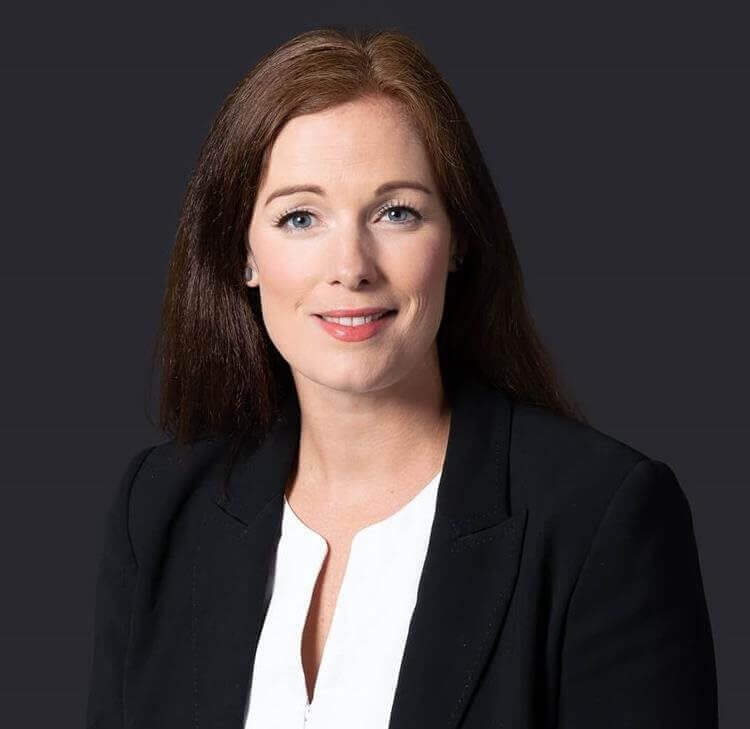Changes expected on wearing face masks in schools
Yesterday the DfE will announce that, from 17th May, they will no longer recommend that secondary school age pupils wear face masks in classrooms.
Yesterday the DfE announced that, from 17th May, they will no longer recommend that secondary school age pupils wear face masks in classrooms.
Whether pupils should wear face coverings in schools has been hotly debated, with forceful opinions at both ends of the spectrum. The DfE guidance ‘recommended’ their use in classrooms rather than mandating them, which left scope for parents and wider groups to bring complaints and challenges over the implementation of the DfE guidance in school policies.
We were recently instructed by a multi-academy trust to defend proceedings issued in the High Court in an attempt to block the trust’s policy on recommending their use. Although the parent in question did not succeed in their action as the judge agreed with our submissions that the case being put forward was fundamentally flawed, it highlights the difficulty schools have faced in trying to navigate this complex issue. In addition, this all comes at a time when schools are grappling with teacher-assessed grades and providing pastoral care to pupils struggling with their mental health.
We expect that the DfE will continue to recommend face coverings be worn in communal spaces, such as school corridors. As such, the issue will no doubt rumble on, though hopefully for not too much longer.
Contact

Hayley O'Sullivan
Principal Associate
hayley.o'sullivan@brownejacobson.com
+44 (0)121 237 3994







































